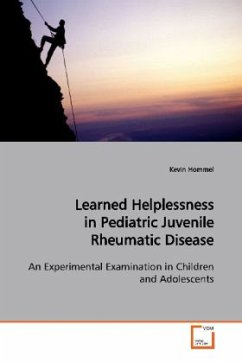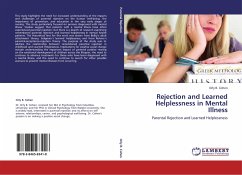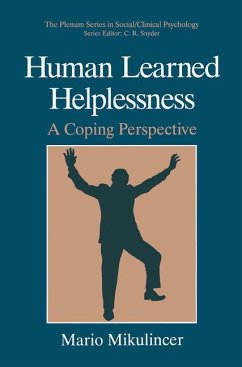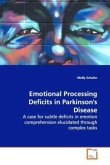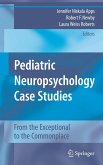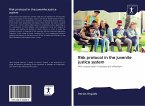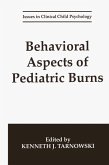The objective was to examine a learned helplessness
conceptualization of psychological sequela in
children and adolescents with juvenile rheumatic
diseases (JRD) via an experimental procedure
utilizing behavior outcome contingent and
noncontingent feedback. JRD represents a
heterogeneous group of chronic inflammatory
disorders including juvenile rheumatoid arthritis
(JRA), systemic lupus erythematosus (SLE), juvenile
spondylarthropathies (JS), and juvenile
dermatomyositis (JDMS). These debilitating chronic
childhood illnesses are characterized by joint
inflammation and a variable and unpredictable disease
course. The chronic episodic nature of these
illnesses creates particular challenges for children
to engage in pleasurable and valued activities as
well as ordinary daily self-care. The study consists
of fifty children and adolescents with JRD
who completed measures of transient affect, self-
efficacy for functional ability, and causal
attributions prior to and immediately following a
computerized learned helplessness induction
procedure.
conceptualization of psychological sequela in
children and adolescents with juvenile rheumatic
diseases (JRD) via an experimental procedure
utilizing behavior outcome contingent and
noncontingent feedback. JRD represents a
heterogeneous group of chronic inflammatory
disorders including juvenile rheumatoid arthritis
(JRA), systemic lupus erythematosus (SLE), juvenile
spondylarthropathies (JS), and juvenile
dermatomyositis (JDMS). These debilitating chronic
childhood illnesses are characterized by joint
inflammation and a variable and unpredictable disease
course. The chronic episodic nature of these
illnesses creates particular challenges for children
to engage in pleasurable and valued activities as
well as ordinary daily self-care. The study consists
of fifty children and adolescents with JRD
who completed measures of transient affect, self-
efficacy for functional ability, and causal
attributions prior to and immediately following a
computerized learned helplessness induction
procedure.

